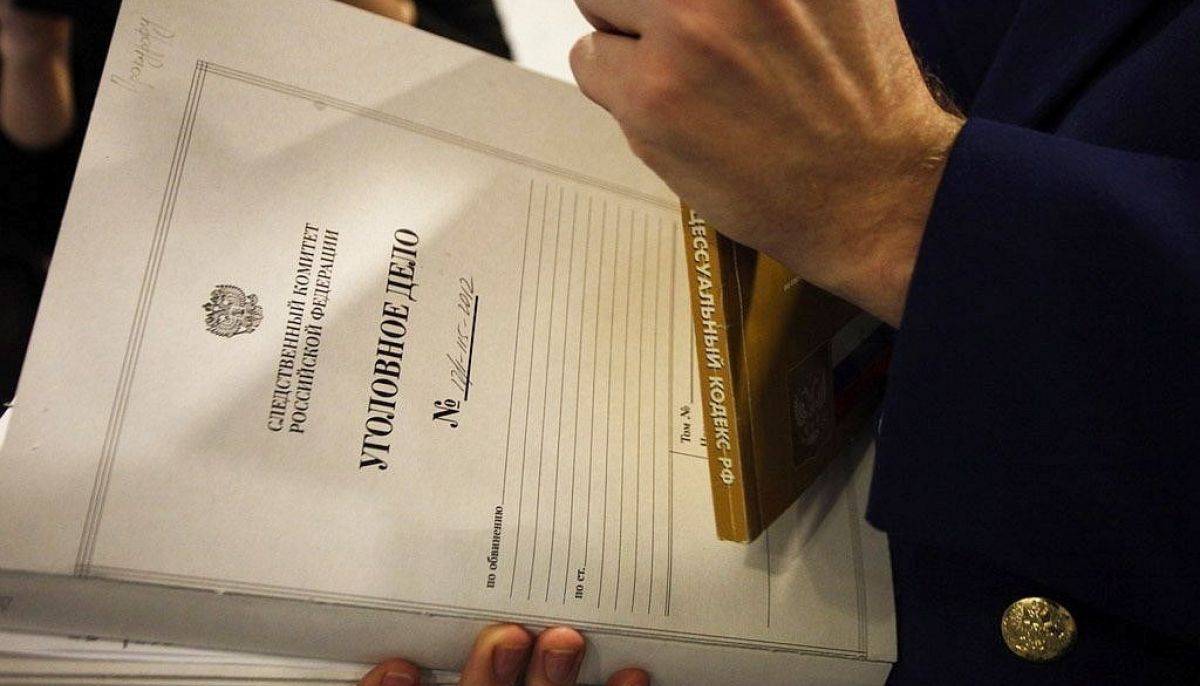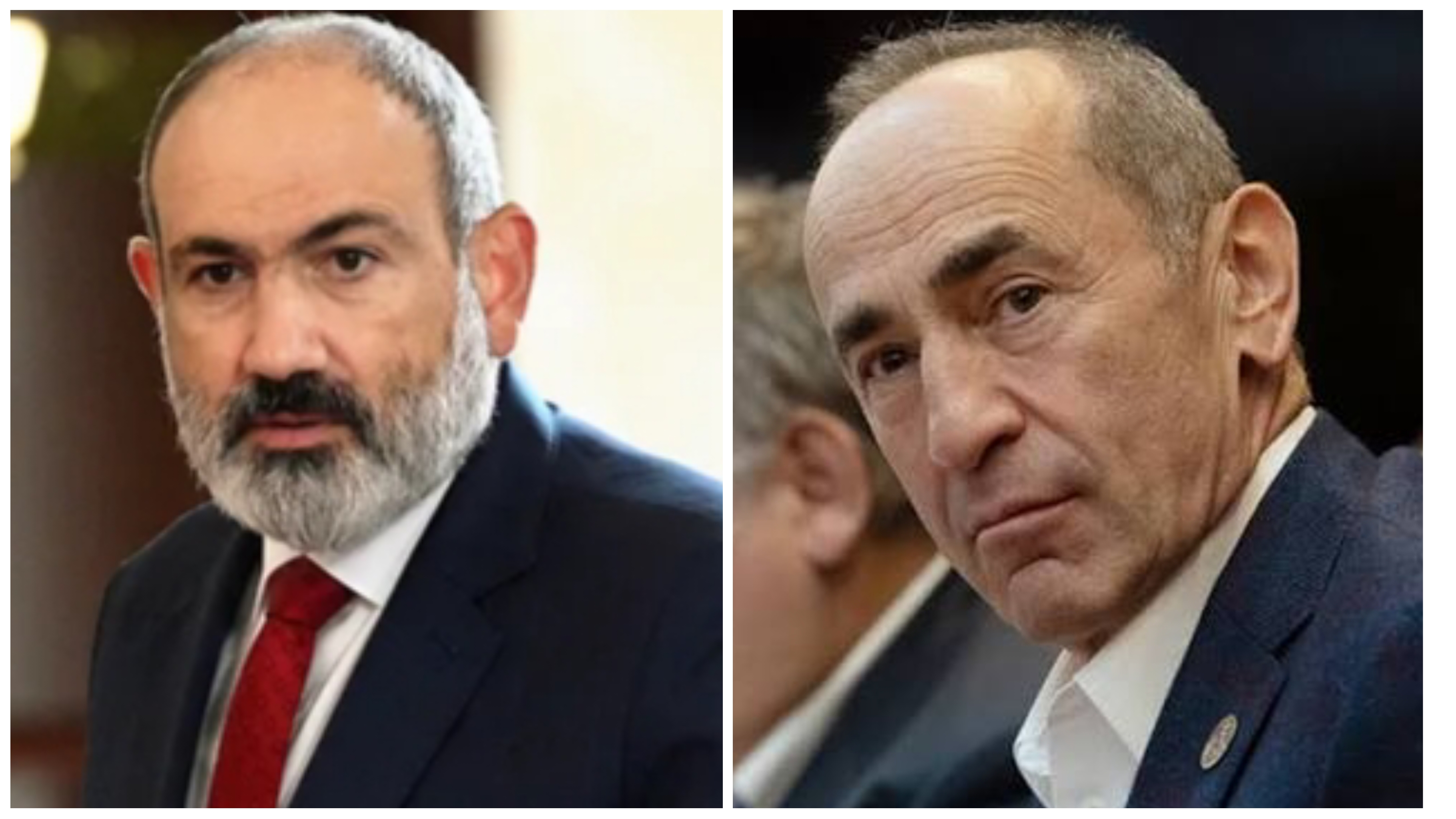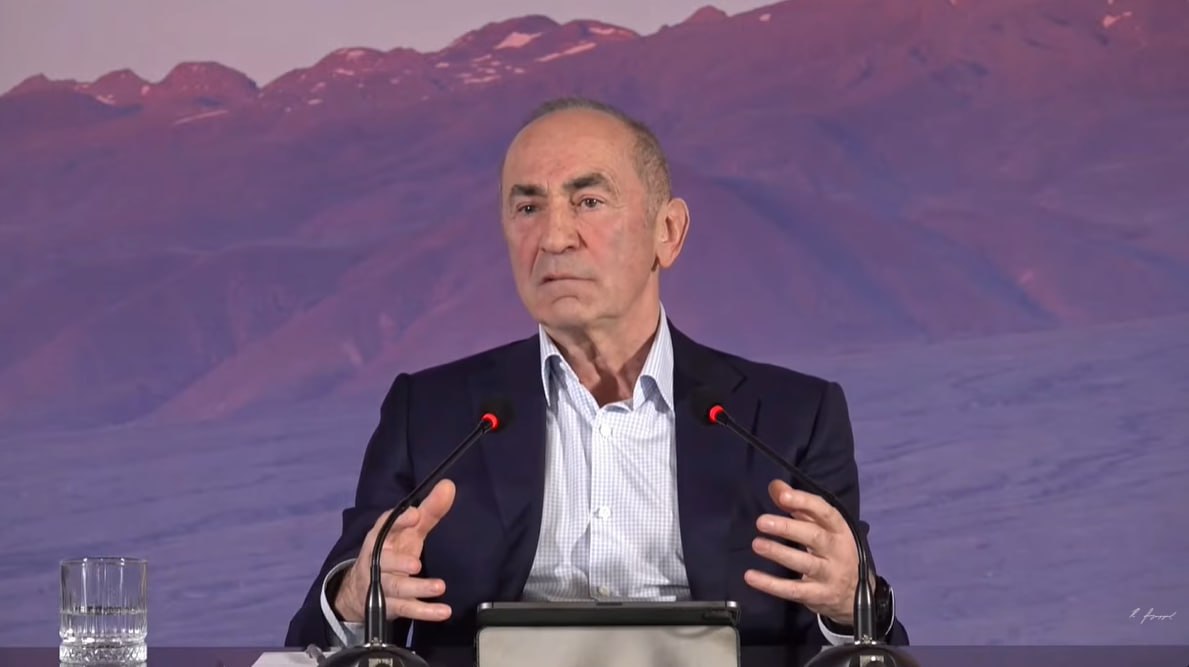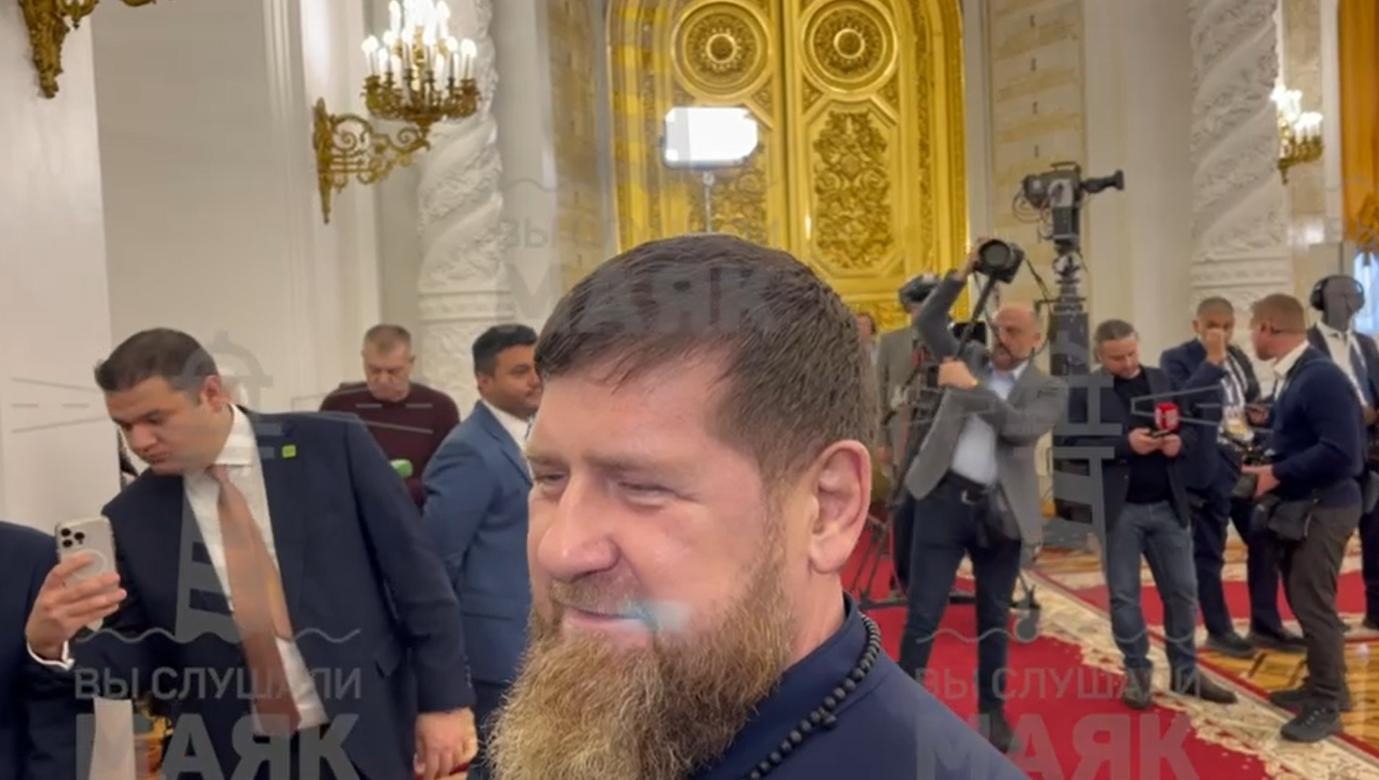A second administrative case has been opened in Chechnya in Russia for searching for "extremist materials" online. The case was registered by the Naursky District Court, and local resident Isa Magomadov is listed as the offender.
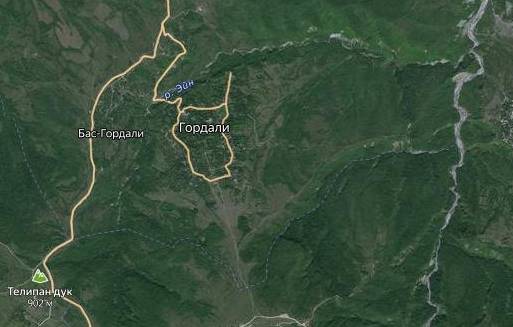
July 14, 2001
***
In the morning, the Russian military broke into the house at 94 Sheripov Street, in the village of Serzhen-Yurt. They lifted Movsarovich Bedigov, born in 1956, out of bed, put a pillowcase over his head and, beating him, took him to Sobar-Ali (Sobur-Ali) street. The man's son, a teenager, was beaten. Pushing him into the basement of the house, the military mined the door leading to it. The wife and young daughters, obscenely insulting, were locked in the kitchen. The exit from it was also mined. After that, the house was completely looted. They took away two gold chains, two gold rings, men's boots, money in the amount of about 6 thousand rubles, a video set-top box and other household appliances. The military broke all the furniture: cabinets, chairs, tables. Carpets were torn or simply ripped off the walls.
Sobur-Ali Bedigov was taken away in an unknown direction and "disappeared". On the fact of his abduction (art. 126, part 2 of the Criminal Code of the Russian Federation), on August 12, 2001, the prosecutor's office of the Shali district opened criminal case No. 23178. Production on it was suspended after two months, i.e. October 12 of the same year "due to the impossibility of identifying the persons involved in the crime."
In search of the kidnapped relatives turned not only to the power structures of the region and the republic, but also to human rights activists. In one of the statements, they described him as follows: “place of birth: western Kazakhstan, passport series OJ No. 736841, height and weight - 180 cm and 90 kg, gray hair, brown eyes, a postoperative scar on the left side.” As of the end of October 2007, the whereabouts of Sobur-Ali Bedigov could not be established.
***
At about eight o'clock Russian servicemen burst into the village of Gordali and opened fire from machine guns and grenade launchers at the houses of local residents. Frightened people began to seek shelter in basements, outbuildings and sheds, but they were all driven out into the street and driven at gunpoint to the center of the settlement.
While some soldiers were gathering people, others, simulating military operations, continued firing. Soon some of the houses were on fire, but the owners were forbidden to extinguish them.
As the residents of Gordaly themselves later said, the situation in the village was terrible. Smoke from burning buildings drifted through the streets, shots continued to be heard in various parts of the settlement, large and small cattle roared and rushed through the streets: the shepherds did not have time to drive the herds to pasture.
The military, not embarrassed in expressions, shouted at the crying women and insulted them. Then, in front of their mothers, wives and children, they began to interrogate the men. Questions were asked about an Arab allegedly killed this morning on the outskirts of Gordali. People did not know anything about the Arab, nor about “the militants from his detachment”, who, as they were told, dropped into the village.
The military selected 16 people and took them to the outskirts of the village. Here they tied their eyes and hands, and then subjected them to torture: they were beaten with machine gun butts, tortured with electricity, and strangled with plastic bags placed over their heads. The Vozingov brothers suffered especially hard. The servicemen took aside and shot Musa Agachaev in the kneecap, who had a hunting rifle found during the “cleansing” in the house.
The head of the Gordali administration, who was among those 16 people who were taken to the outskirts of the village for torture, tried to find out from the military the location of their unit and the name of the commander. In response, he was told that they were subordinate only to President Putin.
The military left the village and its environs only in the evening. After they left, local residents found that the servicemen had burned 20 houses in Gordali and shot 12 cattle. After they left, dozens of syringes remained on the streets and in the place where the military tortured people. Employees of the district prosecutor's office, at the request of the villagers, arrived the next day. They visually examined the syringes and came to the conclusion that the substance that remained inside was not a drug. When asked by the Gordalin people what the Russian military injected into their bodies at that time, they did not find an answer.
Since the beginning of the second Chechen campaign, 29 “cleansing operations” have been carried out in Gordali. The "jubilee cleansing", in the opinion of most of its inhabitants, was the most cruel, incomprehensible in terms of the goal pursued and meaningless in terms of the results achieved.
The head of the administration of the village of Gordali says: “Since 1996, I have been working as the head of the administration. We had a lot of problems before the war, but with the beginning of it, people simply could not bear to live. In addition to shelling, from which we constantly suffer, "cleansing" operations are a very serious problem. The military demand to show passports, but where can we get them if they didn’t give them out. Previously, they could be obtained for 200-300 rubles, but now the bill has gone into the thousands. We have lost what we used to have. Where can villagers get that kind of money?
I have a lot of 22-23-year-old guys in my village without passports. They cannot go anywhere to work, and it is dangerous for them to stay at home. Recently people went for haymaking, they were detained, they were asked to show their passports. It took a long time to figure it out before they were released.
In total, during this war we had 29 “cleansings”. The last one was especially difficult. At eight o'clock in the morning on July 14, an Arab was killed near our village by the Russian military. It is said that in the neighboring village of Sayasan he has a wife and a son. How he ended up near our village early in the morning, I don't know.
After he was shot, the military broke into our village. At home they began to shoot from machine guns and grenade launchers. People rushed to hide, but they were all driven to the center of the village. Soon the military drove men, women and children there, while they themselves continued to run around the village and shoot anywhere. Apparently, it seemed to them that a whole detachment of militants sat down in the village. Fighters seemed to them everywhere, even in empty houses and sheds.
The situation was terrible. Houses were on fire, they were not allowed to extinguish, women and children were crying, cattle were roaring and rushing through the streets. They shouted at us, not embarrassed in expressions, insulted women.
I tried to ask where they came from, who their boss was. But they answered that they did not have a boss, and that they were not subordinate to anyone.
This continued until evening. On that day, 20 houses were burned in the village, many heads of cattle were killed. All this in order to destroy one Arab. When they left, we found a whole bunch of syringes on the road. The prosecutor, who came on our call the next day, said that it was not drugs. And then what is it? .. "
***
At ten o'clock in the upper part of the village of Starye Atagi, a 50-year-old local resident, Isa Mukaev, was killed from an automatic weapon by an unknown, presumably a Chechen by nationality. The shooter calmly left the scene.
***
In Grozny, an anti-war rally was held near the building of the drama theater destroyed during the hostilities, in which residents of the Chechen capital and villages north of the city took part: Staraya Sunzha, Petropavlovskaya station, etc. In addition, from 11 am to 2 pm Thousands of anti-war rallies took place on the Rostov-Baku highway, held under the slogans: “Withdrawal of troops!”, “Chechens have no rights but death!”, “Putin is an executioner!”, “We demand the return of our children!”, “We demand negotiations with Maskhadov! Among the demonstrators were children with posters on which one could read the inscription “Give me back my dad!
From the book "People Live Here", Usam Baisaev, Dmitry Grushkin, 2006
